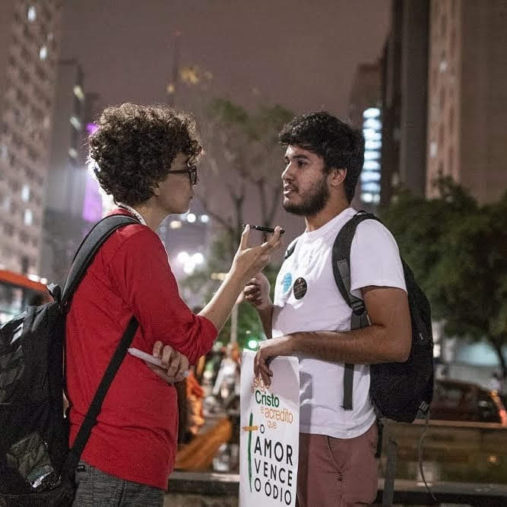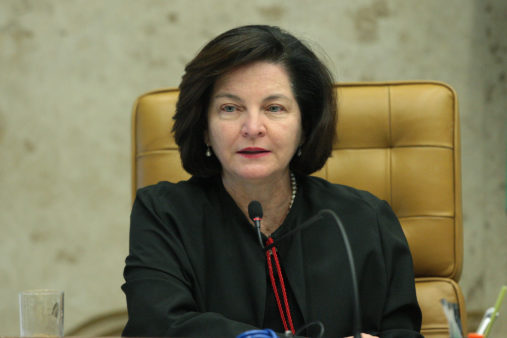Brazilian journalist Patrícia Campos Mello and Nicaraguan journalists Lucía Pineda Ubau and Miguel Mora will receive the 2019 International Press Freedom Awards given by the Committee to Protect Journalists every year.

Brazil now has a prize to call its own: the Cláudio Weber Abramo Award for Data Journalism, whose entries were opened on June 27 during the 14th Congress of the Brazilian Association of Investigative Journalism (Abraji) in São Paulo.

It is the potential development of this expertise that attracted the venture capitalists, aiming to open new markets and replicate the model in other countries.

A majority of the 10 people working for the site have other jobs besides Ponte. That's because the site's revenue still does not allow full pay for the entire team and occasional collaborators.

"Making journalism is not cheap. We get specific incentives to move forward, but our biggest challenge is getting people to understand that our outlet is important and so it needs to survive."

Robson Giorno, owner of online newspaper O Maricá in the city of the same name in the state of Rio de Janeiro, was shot three times and killed outside his house on May 25.

A popular jury condemned a man to six years in prison for participating in the murder of a Brazilian journalist in 1998. Shortly after the trial, the sentence was challenged by the public prosecutor’s office because it considered it too low.

Folha decided to embrace the challenge of "reflecting the variety of social life in Brazil," according to the newspaper, which had the largest circulation in the country, with 332 thousand copies (print and digital) in March

Thiago Medaglia, a Brazilian journalist who reports on the environment and science, is among the ten professionals chosen to participate in the Knight Science Journalism fellowships at the Massachusetts Institute of Technology (MIT) in the United States.

Between 1995 and 2018, 64 communicators – journalists, broadcasters and bloggers – were murdered in Brazil because of their profession. In half of those cases, those responsible were identified and a complaint was filed by the public prosecutor’s office
Journalists from Brazil and Venezuela are among the seven international media professionals selected to receive the John S. Knight (JSK) Journalism Fellowships at Stanford University in the U.S. for the 2019-2020 academic year.

In Brazil, one of the ten countries with the highest rate of impunity in crimes against journalists worldwide, three bills underway in Congress propose to toughen the criminal treatment of perpetrators of violence against journalists and press professionals.